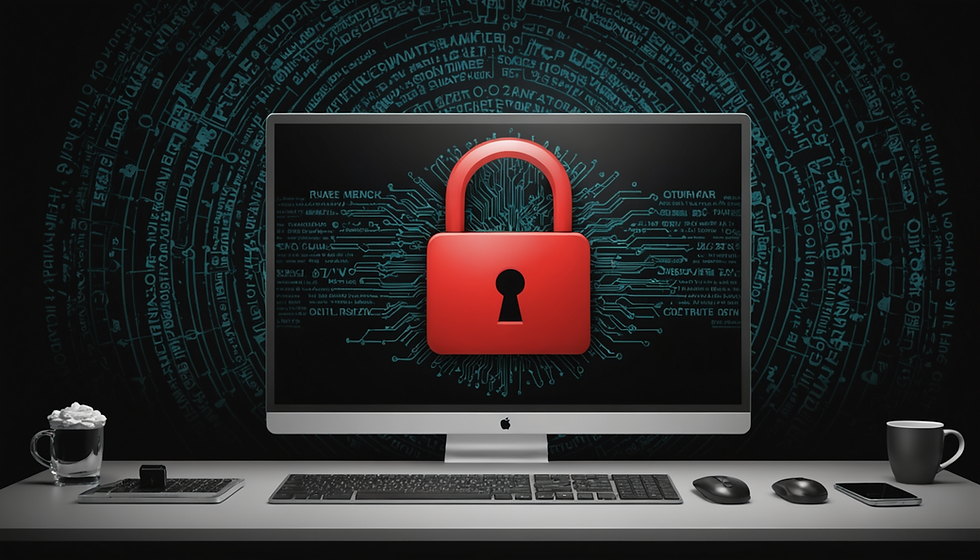Cyber Security Best Practices for Small Businesses
- guelerbasolkorkmaz
- Nov 27, 2024
- 2 min read
Updated: Nov 28, 2024
In today's digital era, ensuring the security of your small business is more critical than ever. With cyber threats on the rise, it's essential for small businesses to implement robust cyber security practices to safeguard their sensitive data and protect their reputation. Here are some best practices that every small business should consider:

Educate Your Employees: One of the most common entry points for cyber attacks is through employees. Providing cybersecurity training to your staff on how to identify phishing emails, create strong passwords, and avoid clicking on suspicious links can go a long way in preventing cyber incidents.
Keep Software Updated: Hackers often exploit vulnerabilities in outdated software to gain access to systems. Ensure that all software, including operating systems, antivirus programs, and applications, are regularly updated with the latest security patches.
Encrypt Sensitive Data: In the event of a data breach, having encrypted data can significantly reduce the impact on your business. Encrypting sensitive information both in transit and at rest adds an extra layer of protection against unauthorized access.
Implement Multi-Factor Authentication (MFA): MFA adds an extra layer of security by requiring users to provide multiple forms of identification before accessing accounts or systems. This can help prevent unauthorized access, even if login credentials are compromised.
Backup Your Data Regularly: In the unfortunate event of a ransomware attack or data breach, having regular backups of your data can save your business from significant losses. Ensure that backups are stored securely and tested periodically to guarantee their reliability.
Restrict Access to Least Privilege: Limiting access to sensitive data and systems to only those who need it can help minimize the risk of insider threats or accidental data exposure. Implementing the principle of least privilege ensures that employees only have access to the information necessary for their job responsibilities.
Monitor Network Activity: Utilize security tools and monitoring systems to keep track of network activity and detect any unusual behavior. Early detection of potential security threats can help prevent cyber attacks from causing extensive damage. By following these cyber security best practices, small businesses can mitigate the risk of cyber threats and protect their valuable assets. Remember, investing in cyber security is investing in the future of your business. Stay proactive, stay informed, and stay secure.



Comments